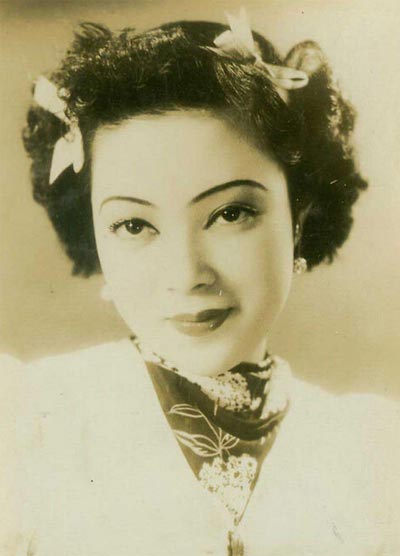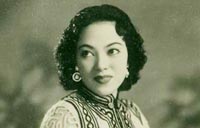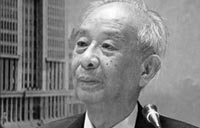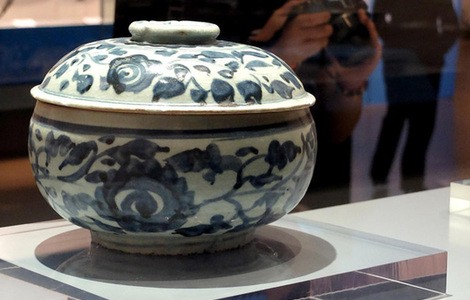Actress stuck in nations' conflict
Updated: 2014-09-16 07:22
By Raymond Zhou(China Daily)
|
||||||||
 |
|
Japanese actress and singer Yoshiko Yamaguchi, also known by her Chinese name Li Xianglan, died in Tokyo on Sept 7. She was 94. File photo |
 |
| Songstress Li Xianglan dies at 94 |
 |
| Sinology scholar Tang Yijie dies at 87 |
Li Xianglan starred in many of the most popular movies in Japanese-occupied Manchuria and Taiwan and was one of the top stars in Shanghai.
After the war, she was arrested by the Chinese government for treason and collaboration with the Japanese. After her Russian voice teacher produced her birth certificate showing that she had always been a Japanese citizen, she was cleared of all charges and presumably from the death penalty.
In 1946, Li was repatriated to Japan and assumed her original Japanese name. She worked with directors including Akira Kurosawa. Some of her roles resembled her real life caught between two countries in conflict.
She took on the name Shirley Yamaguchi when she briefly appeared in Hollywood (Japanese War Bride and House of Bamboo) and on Broadway (Shangri-La) in the 1950s. She earned the nickname "the Judy Garland of Japan". She also made Chinese-language films around that time in Hong Kong and was still billed as Li Xianglan.
In 1958, she retired from film and occasionally took on television hosting jobs. She married Japanese diplomat Hiroshi Otaka and in 1974 won a seat in the upper house of the Japanese parliament where she served for 18 years.
Li was aware that Chinese had mixed feelings about her. She had apologized profusely for her early involvement in Japanese propaganda films, attributing it to "youth and inexperience". And she had often expressed her desire that her "fatherland" Japan and her "motherland" China would be on friendly terms with each other. In 2005, she wrote a long article advising the Japanese prime minister not to visit the Yasukuni Shrine because, as she said, it would "deeply hurt the Chinese heart".
Li's dramatic life story was re-created in several movies and television series. In China, her fame lives on in songs she made famous, especially The Evening Primrose. Hong Kong pop star Jacky Cheung named a song after her.
Most Viewed
Editor's Picks

|

|

|

|

|

|
Today's Top News
China to help Maldives build 1,500 homes
Improved quality 'key to growth', says Li
IMF assesses risks and benefits of shadow banking
Apple Pay eyes inroads to China
Sinopec privatization biggest in Xi's tenure
Beijing to tighten foreign hiring requirements
Hillary Clinton takes a big step toward 2016
US teachers visit China on fellowship
US Weekly

|

|















